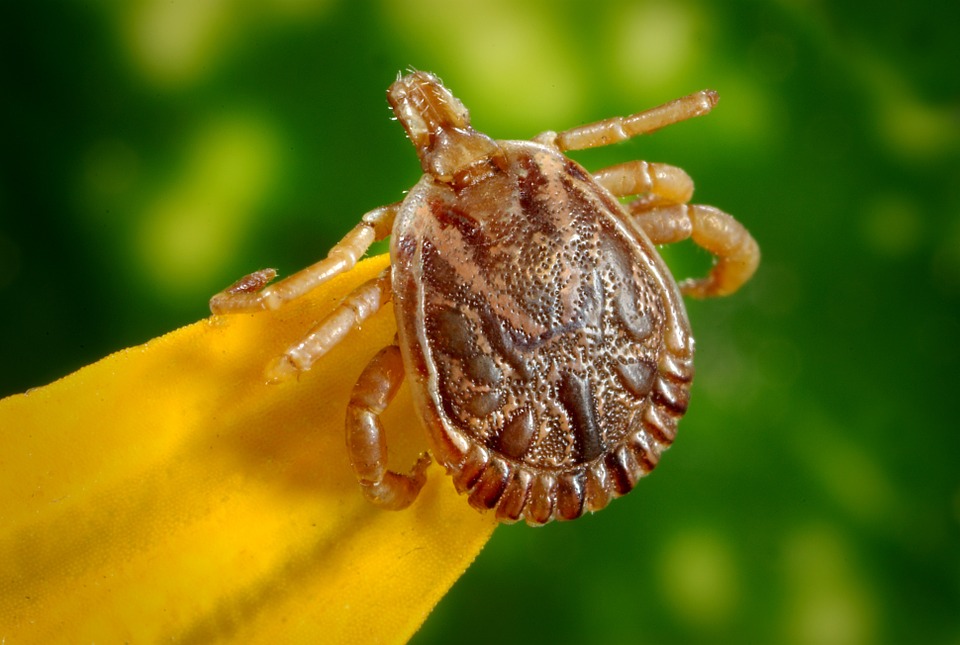British Columbia is well into tick season, and while Lyme disease isn’t prevalent in the northern region, Northern Health is reminding hikers to be on the lookout.
Ticks are active all year round, but as summer approaches those participating in outdoor activities are at an increased risk of coming home with a bite.
“Ticks that carry Lyme disease are more prevalent in southwestern BC, however, it’s important to be aware regardless that if you are going out in forested areas you might be exposed to them,” said Rakel Byrnes, an Environmental Health Officer at Northern Health.
The key thing to remember, she says, is not all bites end up in disease, but there are some diseases that can be transferred through the bite.
“So although rare in Canada, there are things like tularemia, cue fever, and also rocky mountain spotted fever,” explained Byrnes.
The insects are most likely to take a bite in spring, specifically March through June.
If you happen to notice you have been bitten by a tick, Byrnes says to remove it immediately with tweezers by getting as close as possible with the tweezers and pulling it ‘straight out’, avoiding twisting or squeezing.
The next thing to do is wash the area with soap and water and potentially talk to your healthcare provider about getting it tested.
To prevent yourself from being bitten, Northern Health recommends using an insect repellent containing DEET, wearing long sleeve clothing, tucking your pants into socks, and checking yourself and pets after returning from a walk in the woods.
Something going on in the Prince George area you think people should know about?
Send us a news tip by emailing [email protected].






